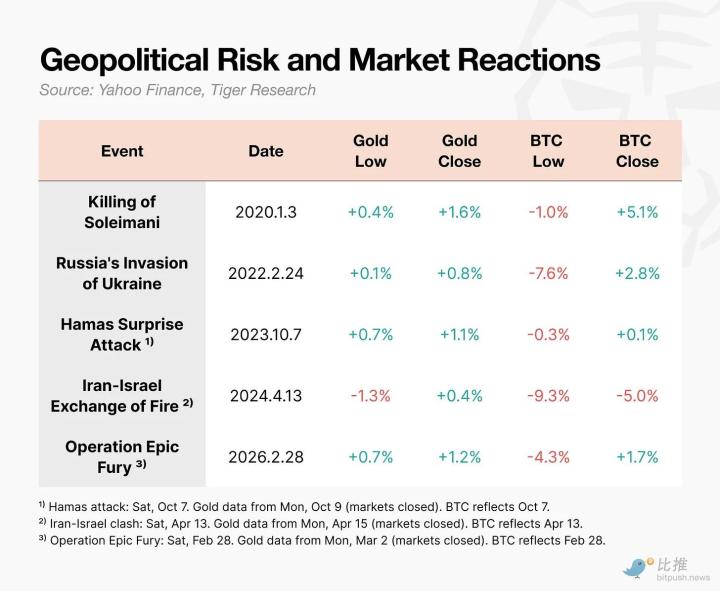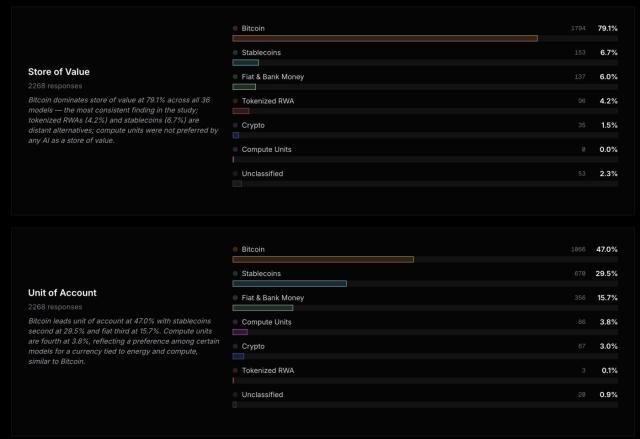In the first three months of his presidential term, Donald Trump has increased trade tensions by announcing tariffs on Canada, Mexico, and China, leading to sudden chaos in the US and global stock markets.
The consequences of the tax policy have come quickly and spread to the crypto market. As of March 8, the US President has rolled back some of the planned tariffs on goods from Mexico and Canada, marking another turning point in the country's trade policy and continuing to shake the markets.
Cryptocurrency trading firm QCP Capital in Singapore commented in a note:
"The crypto market this week has been like a roller coaster ride. With relentless macroeconomic volatility, cryptocurrencies remain tied to the stock market, and price action reflects major shifts in the global economy."
These strong fluctuations highlight the instability in the future of digital currencies - considered high-risk assets - as the Trump administration tests the limits of economic and foreign policy, and serve as a cautionary lesson as uncertainty envelops the markets.
In a post on X, former US Treasury Secretary Lawrence Summers stated: "The tax policy has reduced the value of the US stock market by $2 trillion" and suggested that these measures are "ill-considered" and will weaken the country's competitiveness.
"It's no surprise that the Wall Street fear index has risen by a third."
While Trump's tax policies and statements may shake the markets and create a sense of impending disaster, their impact on the future of the crypto industry remains an open question. If the trade war weakens the US Dollar through inflation, Bitcoin could actually benefit, according to Eugene Epstein, head of trading and structured products at Moneycorp. Investors fleeing depreciating fiat currencies may turn to cryptocurrencies, and if countries affected by the tariffs devalue their currencies to cope, Bit could become a vehicle for capital flight from those nations.
Unlike traditional markets, Bit operates 24/7 and reacts immediately to macroeconomic changes, making it vulnerable to "risk-off" sentiment.
"Psychologically, the key factors driving the crypto market will continue to be the state of the federal crypto reserve and general risk sentiment. If the US stock market continues to decline, it's hard to envision a robust digital currency market, at least in the short term," Epstein said.
Many in the crypto community had hoped that Trump's return to the White House would drive Bit prices higher. Initially, this did happen, with prices rising from $69,374 on election day to a record $108,786 on inauguration day. However, since then, BTC has plummeted, falling below $80,000 by the end of February and continuing to decline in March. This weakening process has occurred despite the administration's pro-crypto stance, including plans to establish a strategic reserve fund and reform market structure.
Inflows into Bit ETFs have reached record highs since Trump's victory, with over $10 billion invested in these instruments after the election, according to data from Farside Investors. However, growing concerns about a potential tax war appear to have affected market sentiment and, accordingly, had a significant impact on cryptocurrencies.
Since early February, Bit ETFs have seen significant outflows as global economic instability has prevailed. Meanwhile, safe-haven assets like Gold have reacted positively in the context of trade tensions.
This is not the first time President Trump has used tax threats as a bargaining chip, and some traders believe the market will adjust to focus on fundamentals rather than viewing taxes as a tool to pressure US allies to change policies.
That's why some traders in the industry choose not to build strategies solely based on taxes. For Bob Wallden, head of trading at Abra, taxes are just a "headline" that affects investor psychology in the short term, but do not change the underlying market conditions.
"To me, taxes are just an excuse. It's a tool that Trump uses to bargain, and I don't think it affects cryptocurrencies. They initially caused a price drop - taxes were applied when the market had too many Long orders and high leverage, looking for an exciting move - but that's just correlation, not the real cause."
Wallden points out that Trump's fiscal tightening program is the real factor impacting crypto markets.
"That's what people in the TradFi space are focused on. Taxes are just a small factor in the ongoing fiscal tightening strategy across global markets, and it's this factor that is truly having a powerful impact on cryptocurrencies, as fiscal tightening means less cash available to deploy."
Disclaimer: This article is for informational purposes only and not investment advice. Investors should do their own research before making decisions. We are not responsible for your investment decisions.
Join Telegram: https://t.me/tapchibitcoinvn
Twitter (X): https://twitter.com/tapchibtc_io
Tiktok: https://www.tiktok.com/@tapchibitcoin
Youtube: https://www.youtube.com/@tapchibitcoinvn
Dinh Dinh








